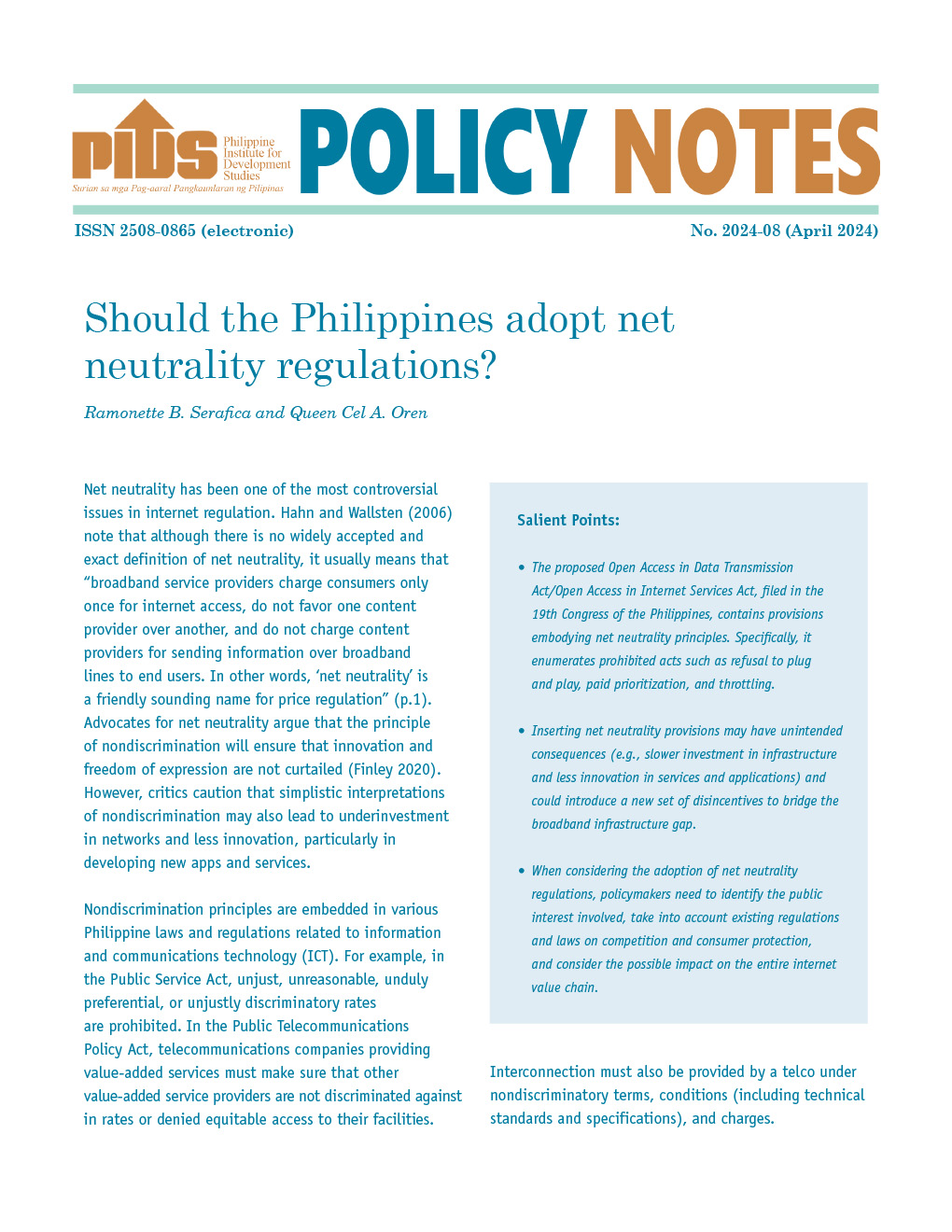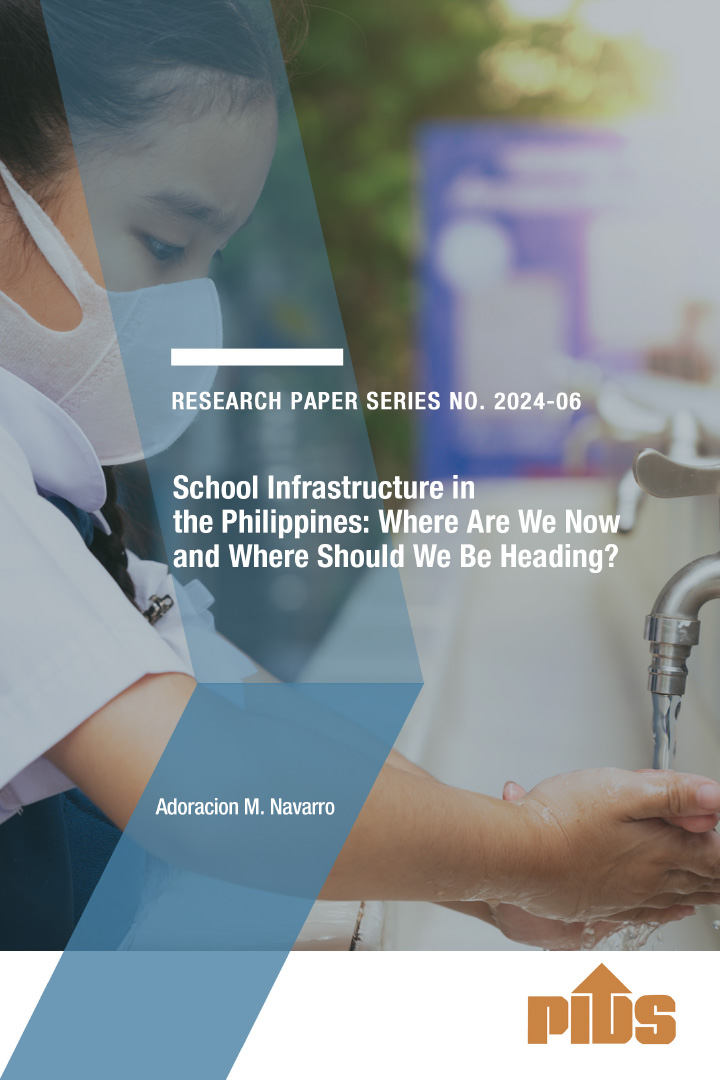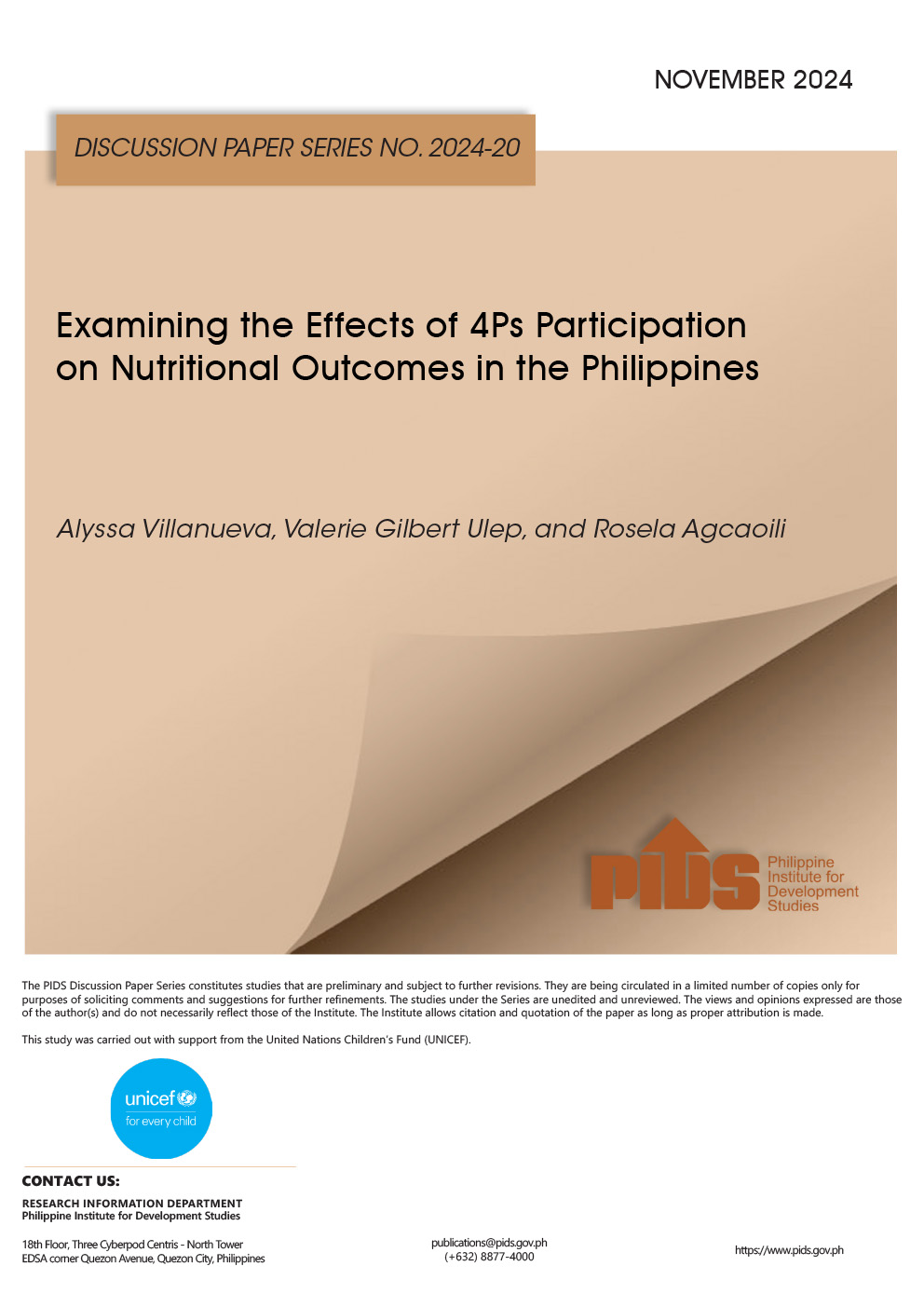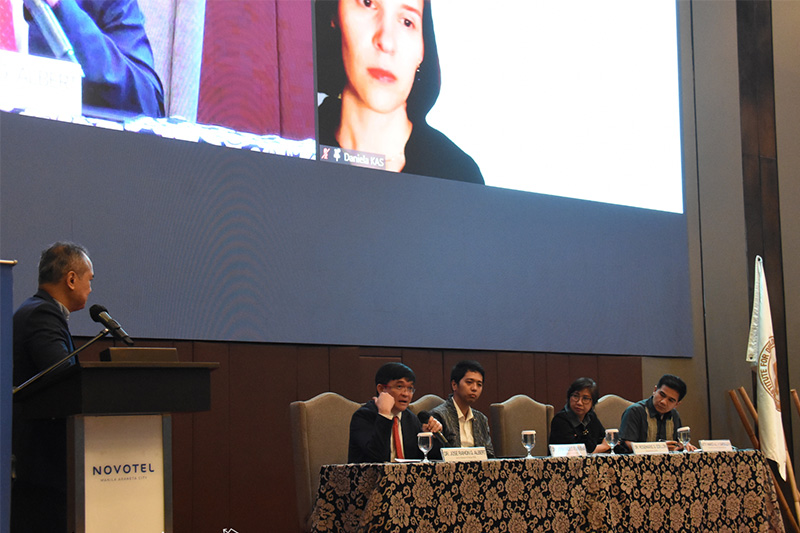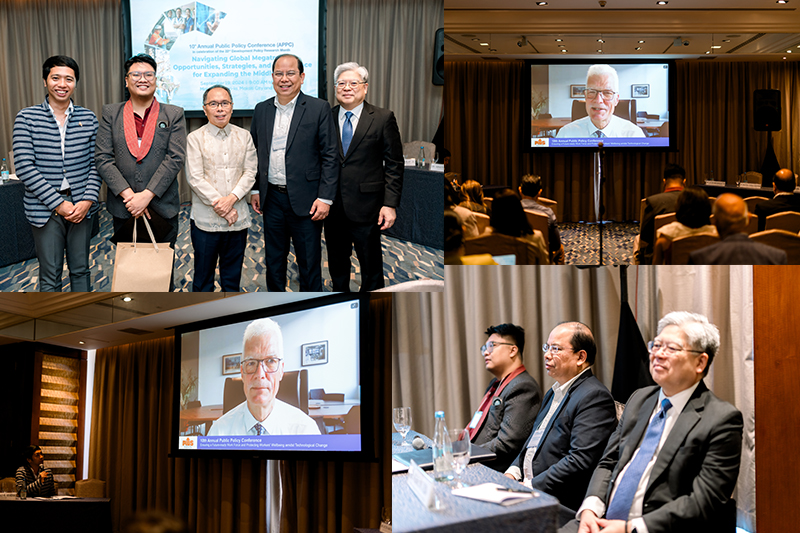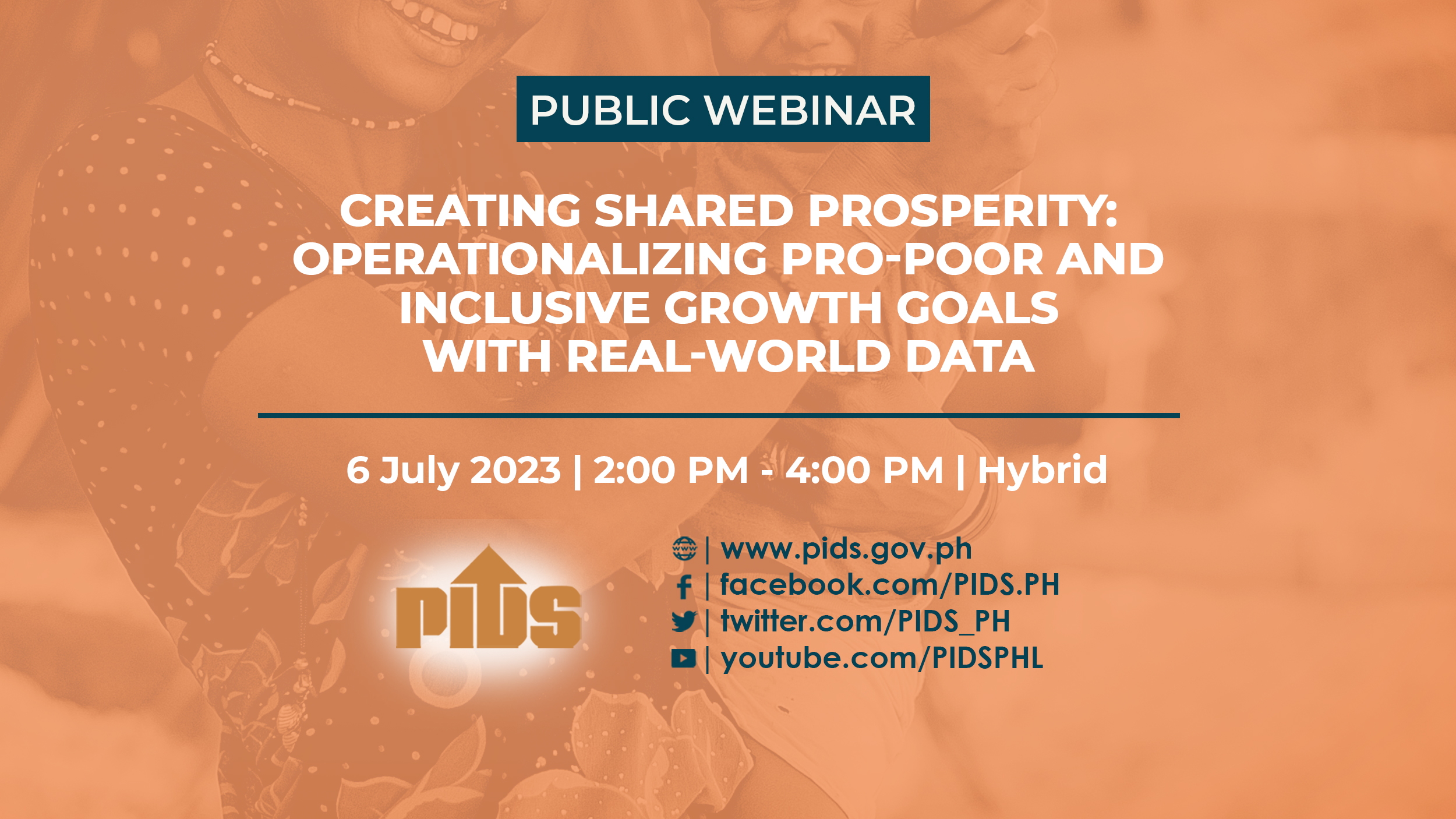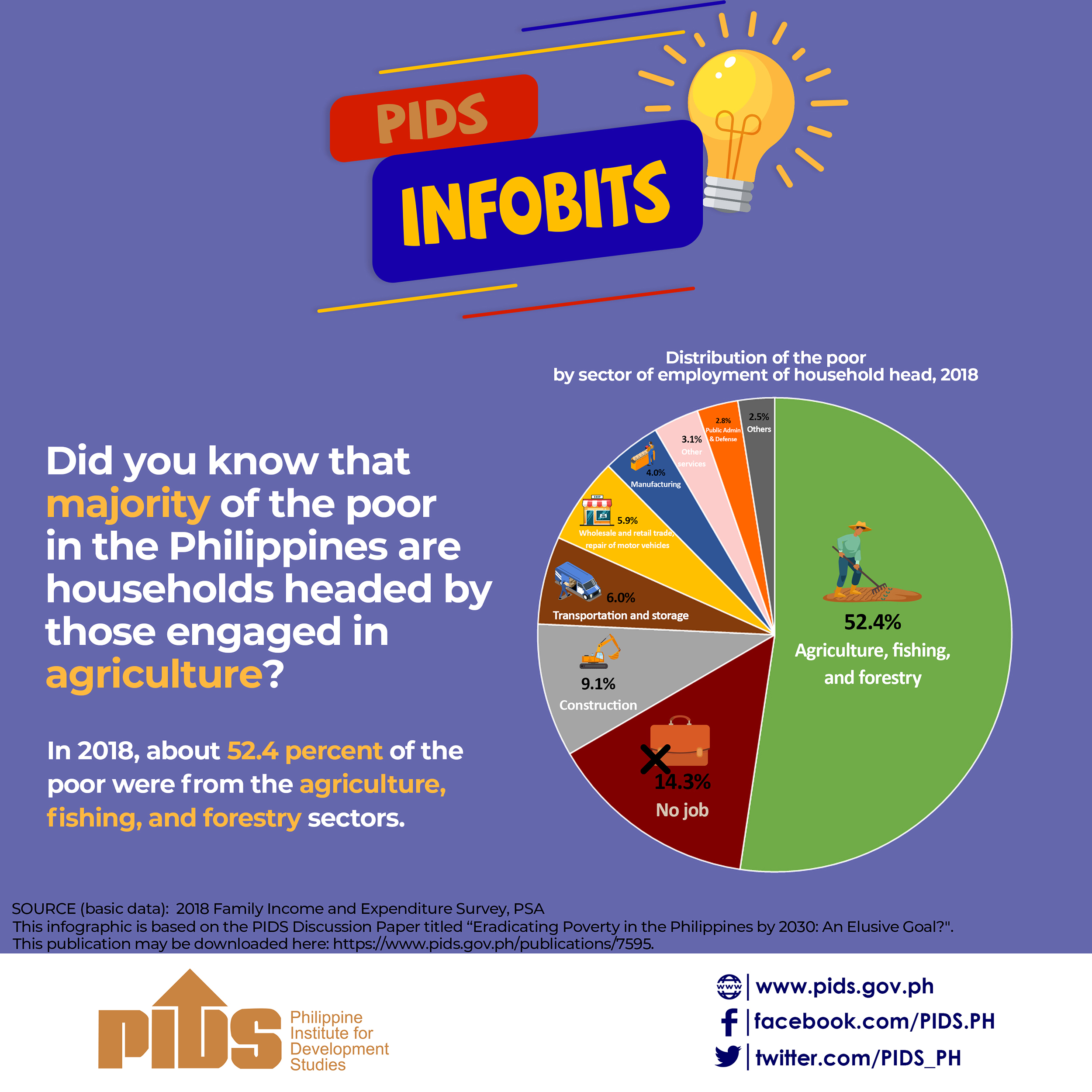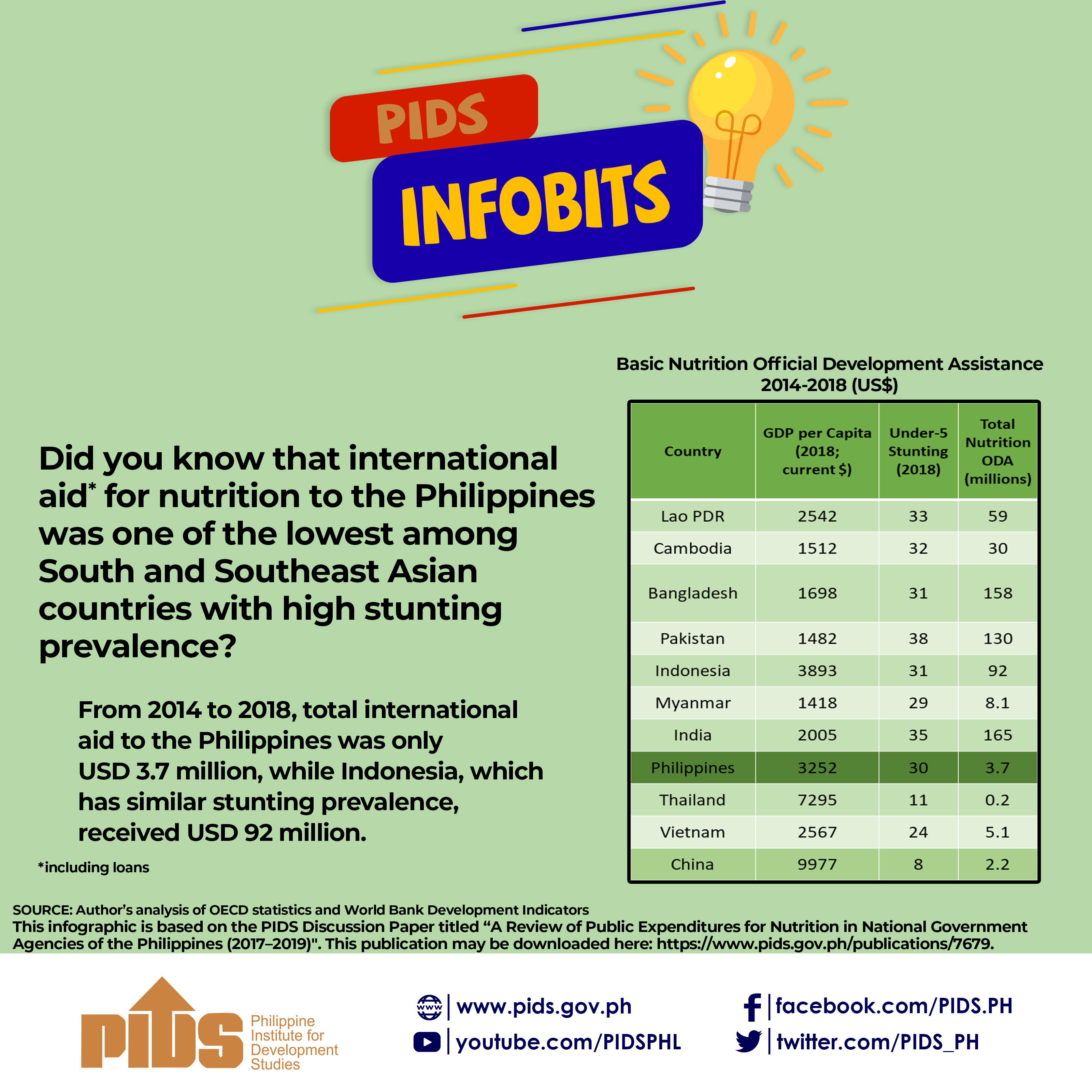When Senator Cynthia Villar expressed disbelief during a hearing of the Senate Committee of the Whole that the middle class is also receiving cash aid from the government to help them out during the pandemic, social media was quick to react.
The overwhleming consensus was one of disappointment and anger. Why shouldn’t those in the middle class receive the government’s so-called social amelioration program (SAP) worth P5,000 to P8,000? They’re the ones paying taxes. They’re just as affected by the economic fallout caused by COVID-19 as the lower-income class.
“Why can’t the government give money to the people who are giving the money to the government?” argued somebody on Facebook.
The good senator may have received flak for other statements she made in the past, but I actually agree with her on this one. She could have phrased it much better and not come across as anti-poor, but she makes a pretty compelling argument.
First, we have to define what she means by middle class. The term itself is a catch-all for those between the upper and lower income bracket of a social hierarchy. Others may define it depending on education or occupation, but essentially, they’re the ones who do not fall under the more generally accepted segments of “rich” or “poor”—the professionals, civil servants, laborers, employees, and small and medium enterprise owners.
A 2018 study by the Philippine Institute of Development Studies (PIDS) said about 40 percent of the country's population belong to the middle-income class. With the country’s population at roughly 110 million, that’s about 44 million people. About 58 percent belong to the lower-income class, or 63.8 million.
Many of those in the middle class are employees whose work—and, consequently, income—was interrupted by the lockdown ordered by the government because of the threat of COVID-19. There has been no uniform arrangement for those affected: some are still receiving regular income despite staying home and not working; some are on work from home arrangements; and some have been furloughed and have not been getting paid while offices and businesses are shuttered.
“So bakit bibigyan ‘yung [middle-class] eh may trabaho sila, kahit lockdown, nagsu-sweldo sila?" Villar said at the hearing. "Sa gobyerno, kung employed by the government. Kung employed naman ng local, ng mga private, nagsu-sweldo din sila (Why should the middle class be given anything when they’re still working despite the lockdown, they’re still receiving their salary? From the government, if they’re government workers, and from private companies, they’re also still earning).”
Villar was reacting to a pronouncement from the National Economic Development Authority (NEDA) that a total of 18 million families were entitled to receive the P5,000 to P8,000 cash aid. 18 million is 82 percent of the total of 22 million families in the Philippines. NEDA said the 18 million is actually from a total of 26.4 million, which is the projected number of families in the country based on population growth.
Regardless, Villar's point is clear: She’s unconvinced that the middle class—all of whom she believes were still getting paid wages despite the lockdown—ought to be receiving cash assistance from the government.
Look, very few enterprises are operating like they used to and fewer still are those that are actually doing better now than they were before the start of the pandemic. Result: People are struggling, and not just the poorest of the poor, but everybody not part of the top 10 or so percent in terms of income. Everybody deserves a little help in these trying times.
But the reality is that there is a finite amount of resources at the government’s disposal to be able to help people in need. And if that’s the case, then officials need to ensure that the money they have now be given to those who need it most. Like many other things during this pandemic, people need to make the hard choices, and this is one of them.
We’ve already seen the news reports of people desperate for help, lining up in barangay halls and basketball courts, baking under the sun waitig for their chance to get to the front of the line in order to pocket that precious cash. Then there are those crying in the streets because they weren’t on the list and are therefore ineligible to receive the subsidy. Not everyone of the so-called poorest of the poor are getting the help they so urgently need, and these are the people who subsist on nothing else but a bit of rice and salt to tide them over. Middle-class folk need help, but if there were a hierarchy of needs, there are those who will literally die of starvation (if the virus doesn’t get them first), and should therefore be given priority.
That’s the simplistic answer, of course. We haven’t even mentioned things like the Department of Finance’s Small Business Wage Subsidy (SBWS), a cash fund of P50.8 billion for 3.4 million workers that’s separate from the DSWD’s SAP, which some people believe is proof that the government CAN provide for middle-class workers. With P20.4 billion already distributed to 2.6 million small business employees, government already is doing that.
And then there’s reported corruption in the disbursement of funds to recipients, which, let’s face it, is a reality we need to contend with. That just takes much-needed cash away from those it’s really meant for. It’s enough to make you tear our hair out in rage and disgust.
To be sure, Senator Villar could have phrased her opinion better, a fact which she has since acknowledged in a statement of apology.
“The middle class are the backbone of the Philippine economy and I recognize the workers’ contributions to the country and their families,” she said on Wednesday. “The intention of my questions…was to clarify reports about the middle class workers who remain employed but have been included as among beneficiaries of the Social Amelioration Program of the government.
"My statements during the hearing yesterday [Tuesday] were not in any manner meant to be an affront to the hardworking middle class of the country. I might have framed my questions and statements in such a manner that made it seem I was insensitive to the plight of the middle income sector. I am NOT. I am concerned and I look out for the welfare of the middle income workers. If I have offended anyone with my statements, I humbly apologize."
Still, Villar’s argument stands. Part of her statement said that the intention of the government’s SAP is to assist the poor and unemployed. We shouldn’t lose sight of the fact that these are the targeted beneficiaries of the program. She may have inadvertently earned the ire of the so-called “backbone of the economy,” but that shouldn’t make her point any less convincing or true.
The overwhleming consensus was one of disappointment and anger. Why shouldn’t those in the middle class receive the government’s so-called social amelioration program (SAP) worth P5,000 to P8,000? They’re the ones paying taxes. They’re just as affected by the economic fallout caused by COVID-19 as the lower-income class.
“Why can’t the government give money to the people who are giving the money to the government?” argued somebody on Facebook.
The good senator may have received flak for other statements she made in the past, but I actually agree with her on this one. She could have phrased it much better and not come across as anti-poor, but she makes a pretty compelling argument.
First, we have to define what she means by middle class. The term itself is a catch-all for those between the upper and lower income bracket of a social hierarchy. Others may define it depending on education or occupation, but essentially, they’re the ones who do not fall under the more generally accepted segments of “rich” or “poor”—the professionals, civil servants, laborers, employees, and small and medium enterprise owners.
A 2018 study by the Philippine Institute of Development Studies (PIDS) said about 40 percent of the country's population belong to the middle-income class. With the country’s population at roughly 110 million, that’s about 44 million people. About 58 percent belong to the lower-income class, or 63.8 million.
Many of those in the middle class are employees whose work—and, consequently, income—was interrupted by the lockdown ordered by the government because of the threat of COVID-19. There has been no uniform arrangement for those affected: some are still receiving regular income despite staying home and not working; some are on work from home arrangements; and some have been furloughed and have not been getting paid while offices and businesses are shuttered.
“So bakit bibigyan ‘yung [middle-class] eh may trabaho sila, kahit lockdown, nagsu-sweldo sila?" Villar said at the hearing. "Sa gobyerno, kung employed by the government. Kung employed naman ng local, ng mga private, nagsu-sweldo din sila (Why should the middle class be given anything when they’re still working despite the lockdown, they’re still receiving their salary? From the government, if they’re government workers, and from private companies, they’re also still earning).”
Villar was reacting to a pronouncement from the National Economic Development Authority (NEDA) that a total of 18 million families were entitled to receive the P5,000 to P8,000 cash aid. 18 million is 82 percent of the total of 22 million families in the Philippines. NEDA said the 18 million is actually from a total of 26.4 million, which is the projected number of families in the country based on population growth.
Regardless, Villar's point is clear: She’s unconvinced that the middle class—all of whom she believes were still getting paid wages despite the lockdown—ought to be receiving cash assistance from the government.
Look, very few enterprises are operating like they used to and fewer still are those that are actually doing better now than they were before the start of the pandemic. Result: People are struggling, and not just the poorest of the poor, but everybody not part of the top 10 or so percent in terms of income. Everybody deserves a little help in these trying times.
But the reality is that there is a finite amount of resources at the government’s disposal to be able to help people in need. And if that’s the case, then officials need to ensure that the money they have now be given to those who need it most. Like many other things during this pandemic, people need to make the hard choices, and this is one of them.
We’ve already seen the news reports of people desperate for help, lining up in barangay halls and basketball courts, baking under the sun waitig for their chance to get to the front of the line in order to pocket that precious cash. Then there are those crying in the streets because they weren’t on the list and are therefore ineligible to receive the subsidy. Not everyone of the so-called poorest of the poor are getting the help they so urgently need, and these are the people who subsist on nothing else but a bit of rice and salt to tide them over. Middle-class folk need help, but if there were a hierarchy of needs, there are those who will literally die of starvation (if the virus doesn’t get them first), and should therefore be given priority.
That’s the simplistic answer, of course. We haven’t even mentioned things like the Department of Finance’s Small Business Wage Subsidy (SBWS), a cash fund of P50.8 billion for 3.4 million workers that’s separate from the DSWD’s SAP, which some people believe is proof that the government CAN provide for middle-class workers. With P20.4 billion already distributed to 2.6 million small business employees, government already is doing that.
And then there’s reported corruption in the disbursement of funds to recipients, which, let’s face it, is a reality we need to contend with. That just takes much-needed cash away from those it’s really meant for. It’s enough to make you tear our hair out in rage and disgust.
To be sure, Senator Villar could have phrased her opinion better, a fact which she has since acknowledged in a statement of apology.
“The middle class are the backbone of the Philippine economy and I recognize the workers’ contributions to the country and their families,” she said on Wednesday. “The intention of my questions…was to clarify reports about the middle class workers who remain employed but have been included as among beneficiaries of the Social Amelioration Program of the government.
"My statements during the hearing yesterday [Tuesday] were not in any manner meant to be an affront to the hardworking middle class of the country. I might have framed my questions and statements in such a manner that made it seem I was insensitive to the plight of the middle income sector. I am NOT. I am concerned and I look out for the welfare of the middle income workers. If I have offended anyone with my statements, I humbly apologize."
Still, Villar’s argument stands. Part of her statement said that the intention of the government’s SAP is to assist the poor and unemployed. We shouldn’t lose sight of the fact that these are the targeted beneficiaries of the program. She may have inadvertently earned the ire of the so-called “backbone of the economy,” but that shouldn’t make her point any less convincing or true.

